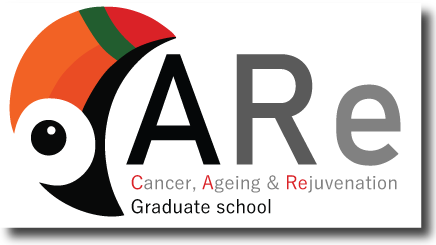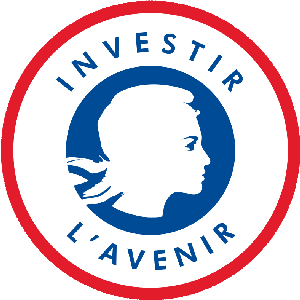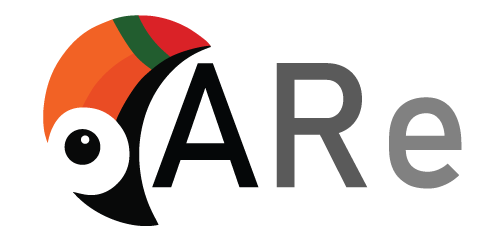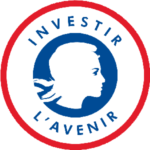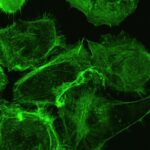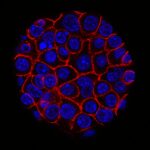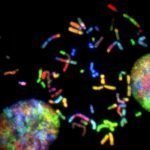PhD proposal
SUPERVISORS: Gaelle Legube – CBI, Toulouse
Jop Kind -Hubrecht Institute, Utrecht, Netherlands
DNA double-strand breaks (DSBs) are toxic lesions, holding the potential to generate mutations and translocations. DSBs were historically seen as rare, mostly therapy-induced DNA lesions. However, recent work unequivocally revealed that endogenous DSBs occur far more frequently that initially believed, including in physiological conditions such as neuron stimulation, and mainly fall within transcribed loci (Transcription Coupled DSB, TC-DSB). Notably, altered repair of TC-DSBs is not only emerging as a driver of oncogenesis but also of many developmental, neurological and aging-associated diseases.
Using high throughput genomic and an original dedicated cell system (the DIvA cell line) our lab pioneered the discovery of a dedicated pathway mobilized to repair such DSBs in transcribed loci, coined as Transcription Coupled DSB repair (TC-DSBR). Grounding on our previous work, the present project aims at investigating TC-DSBR in stimulated neurons where endogenous TC-DSBs are generated as a consequence of early responsive genes activation.
Holding a strong background in bioinformatics the PhD student will:
- Analyze and integrate the vast amount of high-throughput genomics data already obtained in DIvA cells (ATAC-seq, RNA-seq, ChIP-seq and HiC) to get a comprehensive view on the chromatin restructuration induced by TC-DSBs, to stage up the stage for the second aim.
- Investigate using stimulated primary mouse neurons and human minibrains the repair processes at work at these endogenous TC-DSBs, using bulk and single cell Cut&Tag approaches. Sc Cut&Tag will be performed in Jop Kind’s lab (Hubrecht institute) who is a leader in the development of single cell genomics approaches.
Key words: cancer, ageing, modelling
